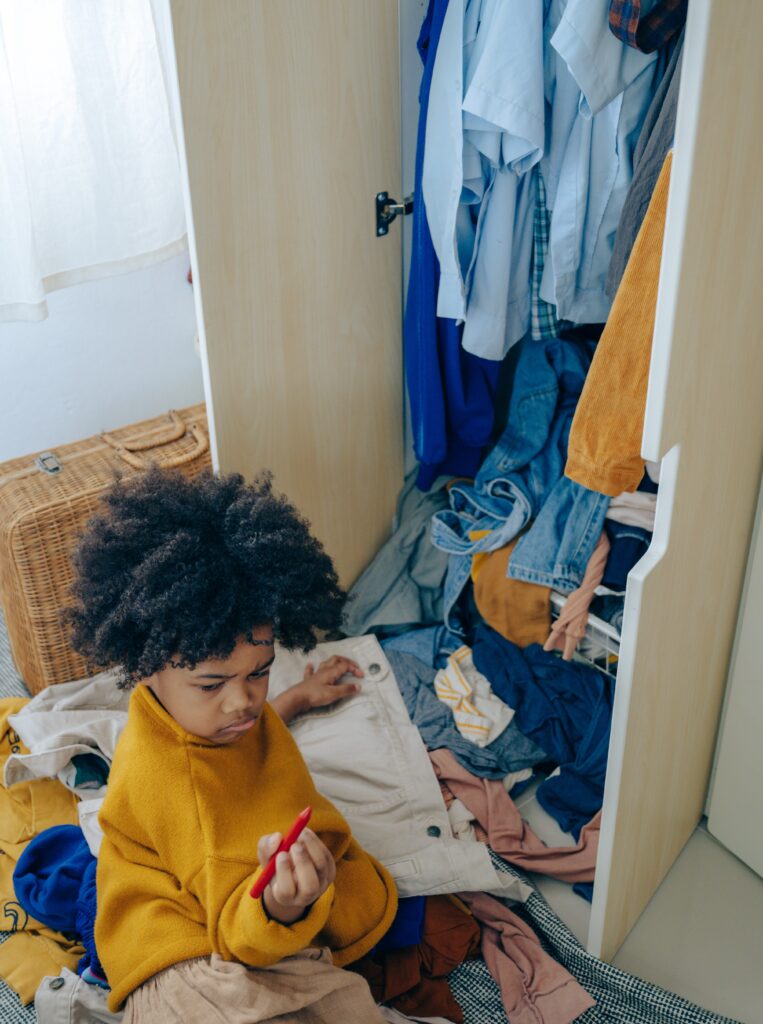Depression is one of the most common problems that teens or young adults face and it takes a serious toll on their academic performance as well as their overall well-being.
Depression is a problem which shows up differently in different people. As a result, it is quite difficult for teachers and other authorities to identify such symptoms in students. In such cases, knowing what kinds of behaviors to look for is the key.
While so many children and teens have undiagnosed anxiety or depression, it can negatively impact their ability to learn and enjoy their time in school.
Undiagnosed depression can affect students’ mental health and have the following consequences:
1. Social and Behavioral Problems-

Depression can hinder a students social relations both in school and at home. They may remain isolated from everyone else and may not have many friends or people to interact with.
These children may also exhibit inappropriate behavior patterns such as missing classes, aggressive behavior, substance abuse or talking rudely to elders.
Previous research has also shown that children who display behavioral problems also tend to display low social competence.
2. Poor performance and learning-

A disorder such as depression can greatly affect a students academic performance and learning curve. Depression can also lead to inconsistent academic results. For example, a student may produce incredible work one day and barely be able to complete a single task the next.
Previous research suggests that depression is associated with lower grade point averages, and that co-occurring depression and anxiety can increase this association. Depression has also been linked to dropping out of school or missing classes.
3. Poor self-care practices-

Looking after yourself is vital to physical, emotional as well as mental well-being. When you live with depression, self-care can sometimes feel unattainable or a very difficult thing to do. You often feel tired or listless, with feelings of despair and corrosive thoughts that push and shove in an endless tug-of-war within you.
Depression also leaves you feeling like your physical and emotional reactivity has been siphoned off, draining you of the ability to look after yourself.
Hence, self-care practices are more important if you are going through depression.
4. Low self-esteem-

Depression and self-esteem are correlated. Self-esteem has been reported to have a significant impact on important life outcomes including health and social outcomes during adolescence.
Low self-esteem is not only related to depression, but also to learning disorders, antisocial behavior, eating disturbances, and suicidal ideation (Erol and Orth 2011).
A feeling of worthlessness or low self-esteem can lead to neglecting certain activities or behaviors which can also lead to depression.
5. Neglected Hygiene-

Many people struggle to do basic hygiene tasks when depressed. They often report not having enough energy to perform such tasks which leads to neglected hygiene.
Such behaviors indirectly affect depression and cause anxiety, affecting other areas of life too.
To conclude, there are many more ways in which depression can affect a student’s life. Authorities and parents should be prepared and know how to identify such signs and symptoms.
Since the negative impact of depression is so clear, it is important that we identify such issues at an early stage while the child is in school. If such issues are identified early on there is a better chance for treatment and preventative care so that the above consequences can be avoided.
Disclaimer : This article is for informational purposes only. It is not intended to be a substitute for medical advice, diagnosis, or treatment. You must seek the advice of your physician or other qualified mental health provider with any questions you may have regarding a medical condition.
Sources-
- https://ibcces.org/blog/2019/05/01/impact-anxiety-depression-student-progress/
- https://bmcpsychiatry.biomedcentral.com/articles/10.1186/s12888-019-2343-9
- https://www.psychologytoday.com/us/blog/two-takes-depression/201702/why-self-care-is-hard-depressed-individuals
- https://www.sprc.org/colleges-universities/consequences
- Eisenberg, D., Downs, M., & Golberstein, S. (2009). Stigma and help-seeking for mental health among college students. Medical Care Research and Review, 66(5), 522–541.
- Erol Ruth Yasemin, Orth Ulrich. Self-Esteem Development from Age 14 to 30 Years: A Longitudinal Study. Journal of Personality and Social Psychology. 2011;101(3):607–19.

